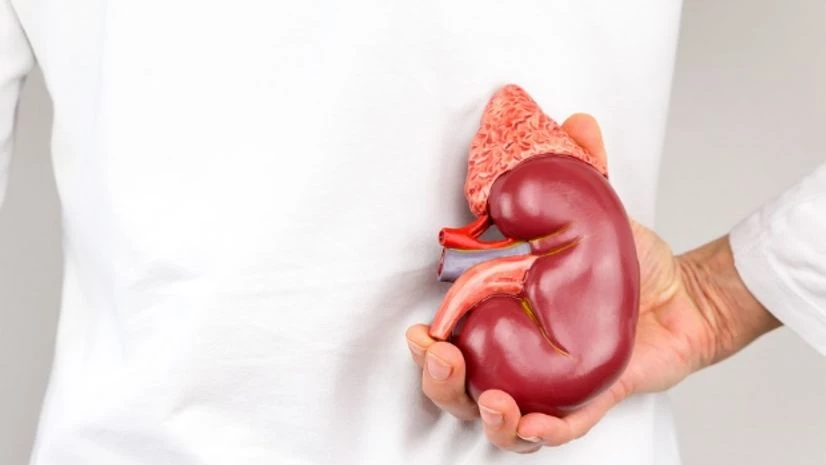Only one in every 300 kidney patients in India receives a donated organ. This huge gap in demand and supply of organs has led to the creation of an illegal kidney transplant industry worth Rs 250 crore a year. No wonder, despite a stringent law with up to 10 years’ imprisonment, some doctors and middlemen are running clandestine operations across the country.
On Friday, when Delhi Police arrested five people, including three touts, for allegedly luring poor people from different parts of the country to illegally sell their kidneys, it brought back the memories of 2008 when India’s largest kidney racket was busted on the outskirts of the national capital.
The quacks had allegedly performed 300 illegal transplants by taking kidneys of gullible and downtrodden people. In some cases, these quacks paid the victims up to Rs 150,000 to shut their mouth. The quacks made millions and kept middlemen in good humour by paying them hefty commissions. (ORGAN DONATION ON RISE BUT FAR FROM MEETING DEMAND)
More From This Section
“When it comes to life or death, people don’t think about the law. They look for shortcuts and are ready to pay any amount of money,” said a leading nephrologist on request of anonymity.
Reputed private hospitals in Delhi charge up to Rs 8 lakh for a kidney transplant surgery. As per the law, doctors can only perform such a surgery after establishing that either the donor is a blood-relative of the patient or that kidney was taken from a cadaver.
Pallavi Kumar, executive director of the Chennai-based non-profit organisation Mohan Foundation said, of the 210,000 kidney patients in India, only 7,500 receive transplant every year.
Her organisation, in the absence of centralised data, estimates that about 95 per cent of the donors were relatives of the patients and just about five per cent of the organs came from the deceased.
Though there is no official data on organ trafficking in the country, it is estimated that about 5-7 per cent of surgeries (500) are done after illegally obtaining kidneys from either those who are extremely poor or the victims of organ theft.
Since the cost of an illegal kidney transplant it about Rs 50 lakh, the annual size of the illegal industry is pegged at Rs 250 crore. It is rumoured that Kolkata has emerged as a hub of illegal human organ traffickers who scout victims from poor regions of Bihar and Bangladesh.
Kumar said Union as well as state governments are not serious about organ donation in the country. “They really need to launch big awareness campaigns, like they do for Polio and Malaria,” she said.
In recent times, southern states like Tamil Nadu and Kerala have made some progress in convincing the relatives of the deceased to donate organs, but the total numbers are still quite small.

)
